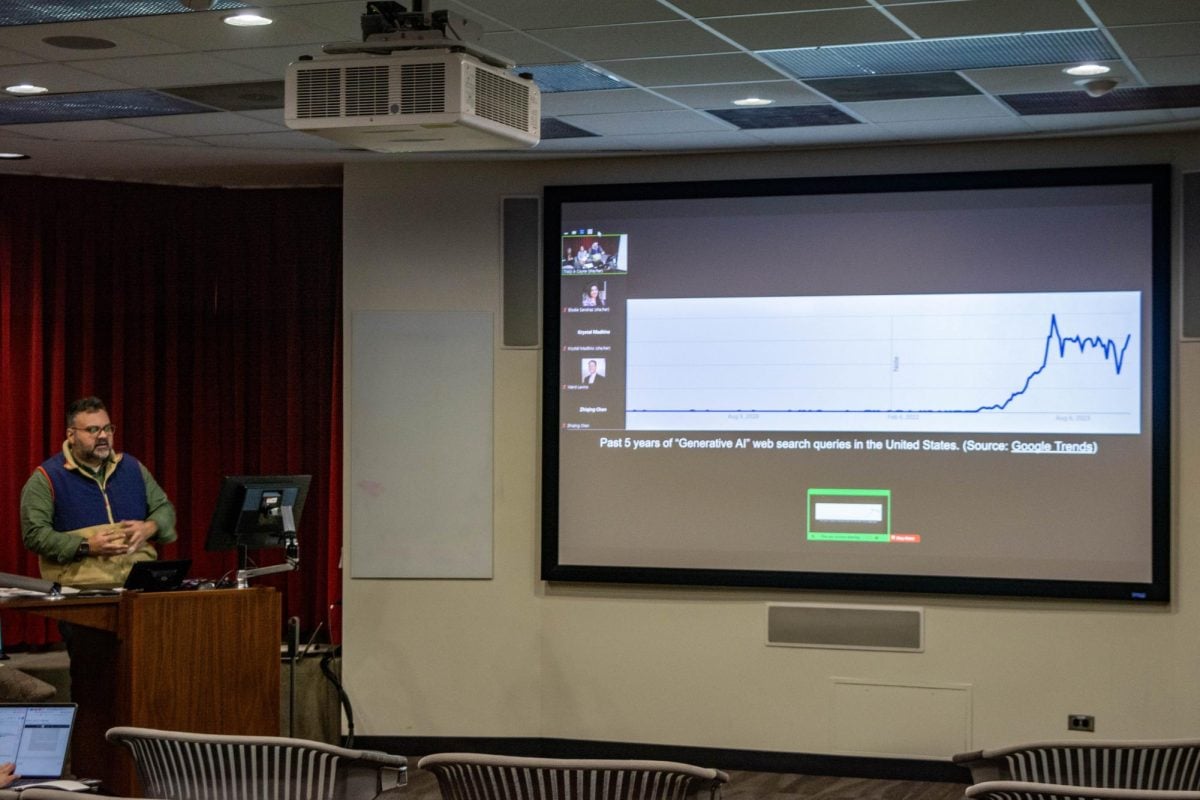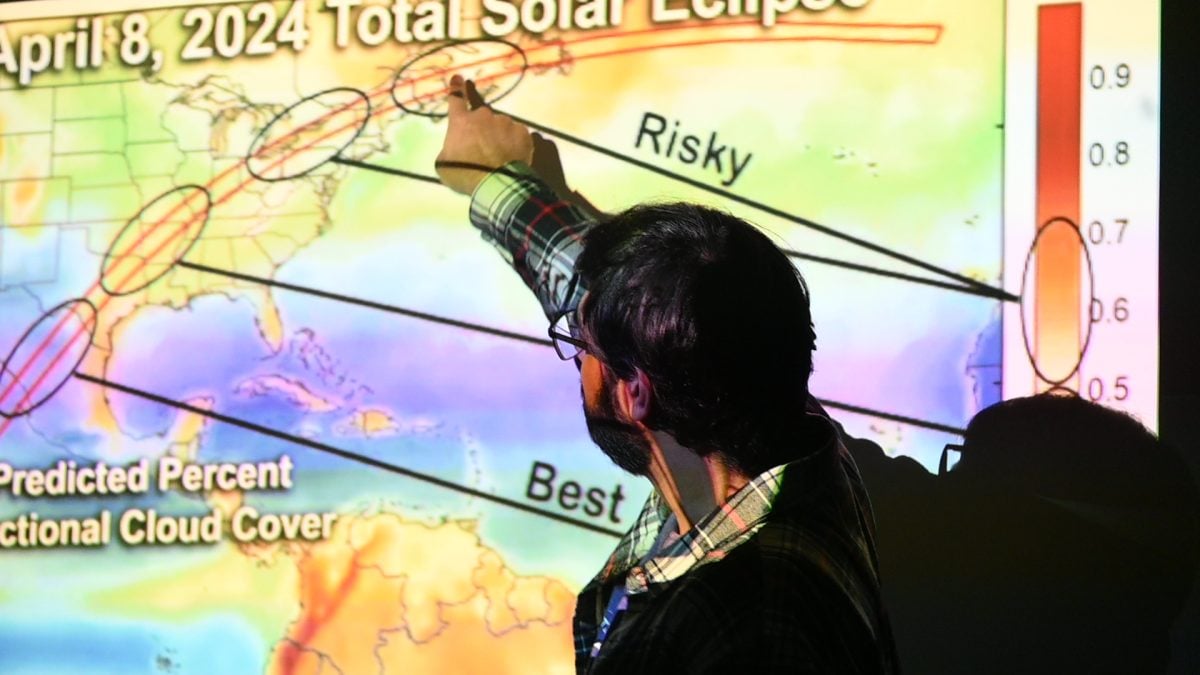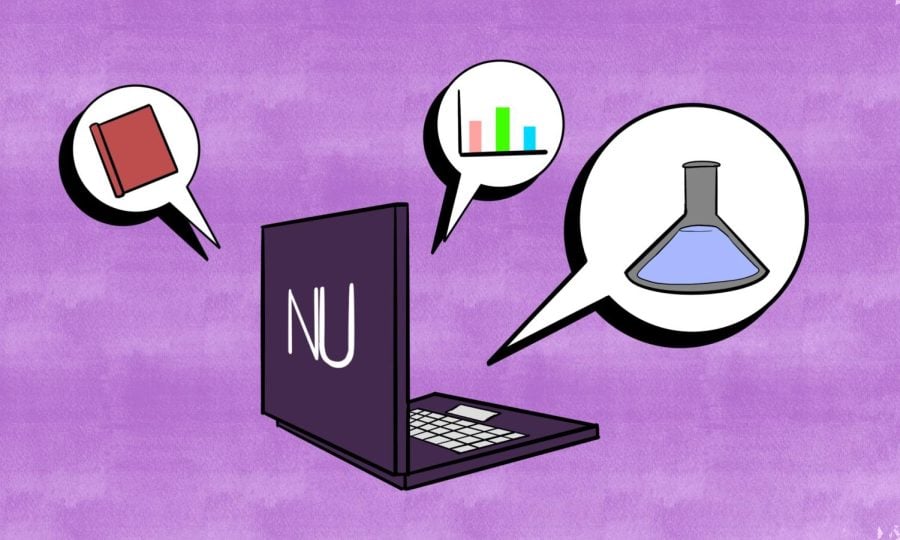University Libraries underscored the importance of fact-checking at a workshop about generative artificial intelligence on Tuesday.
Titled “Generative Artificial Intelligence (ChatGPT): What Students Need to Know,” the goal of the session was to teach students strategies for effectively using generative AI while cautioning them against relying solely on the tool.
The session was part of a series of informational presentations on ChatGPT in the academic setting, which Northwestern librarians hope to offer once per quarter. Librarians taught the first session of the series in November 2023, with the next session coming up this spring.
“I think the best way to approach (generative AI) in an academic environment is to be transparent about it, rather than any type of prohibitive or punitive kind of perspective to outline the entire framework,” librarian Frank Sweis said.
The librarians created the student-oriented program in response to a generative AI panel offered in August for faculty. At the panel, a student expressed interest in the University offering an outlet to teach more students about generative AI, according to librarian Tracy Coyne.
At the workshop, librarian Jeannette Moss said generative AI is a word-generation tool, not a source of information, and highlighted the risks of inaccuracies, dated content, plagiarism and privacy concerns.
To counteract inaccuracies, Moss laid out a checklist for evaluating generative AI content: find the source of the information, evaluate if the information’s purpose is to educate, inform or sell, and evaluate for accuracy and bias within the data.
The session also instructed students on how to effectively employ Leo S. Lo’s CLEAR Framework, which guides generative AI users on how to build effective prompts. The prompts must be concise, logical, explicit, adaptive and reflective, according to the framework.
“Being (a) critical thinker is very important,” Coyne said. “It is very important everyone learns early on in life that there’s a big marketplace out there of information and there’s a lot of fake news. You can’t just abdicate your responsibility as a human being and critical thinker.”
Email: [email protected]
X: @SarahSerota
Related Stories:
— Northwestern creates new research hub focused on artificial intelligence
— Cognitive Science Program hosts panel on effects of AI in politics
— New student group spreads awareness of artificial intelligence ethics, big data injustices















